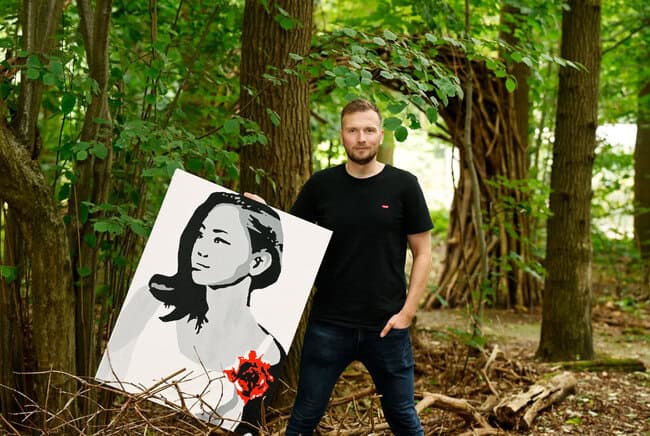
“Entrepreneurs come in all shapes, all appearances, and all personality types. Start-up entrepreneurs are gifted people, but they don’t have superpowers. When it comes to building a successful business, they play by the same rules as the rest of us.” Right at the beginning of her keynote at the Level Up event in Eindhoven, Camilla van den Boom makes sure what she thinks about start-ups. “I believe in start-ups. We need them, looking at the current state of the world, because there is not simply one question, one answer. There are many ways to find solutions, so that’s where the start-ups come in.”
Things can go wrong
But that’s not an easy road, she admits. “Systems have to be put in place by entrepreneurs who are averse to structure and bureaucracy. This is the phase where many things can go wrong, alongside the pressure for growth.” But the problem is that we only notice things have gone wrong in a later stage. “Missed opportunities, millions of dollars, hundreds of jobs. What can we do to prevent this?” Van den Boom has noticed that there are tons of methods and theories around growing your start-up, “but still, 80% of the start-ups fail. They fail, even though they have game-changing technology and a sophisticated marketing machine. They didn’t manage to grow their business successfully. To me, being an entrepreneur and a researcher, this is quite an intriguing figure. What can we do to reduce this?”
Camilla van den Boom hopes to answer this question at the end of her PhD process, but she already knows that one of the things to do is to “demystify” the very concept of a start-up. “Start-ups are often seen as something different. Of course, start-ups have other challenges than established companies. But that doesn’t justify the mystique surrounding startups.”

You can build a car, you can build a bike, you can build whatever, but you need to build a business environment first, Van den Boom says. “And that is, in my opinion, how we can improve the start-up failure figure, how we can accelerate start-ups.”

Minimum viable process
During her PhD research, Van den Boom noticed that most companies could not reach their big idea, to reach their ambition. “Because they simply don’t know how to operate in a fast and flexible way. So I immersed myself in this matter and designed a minimum viable process to operate and grow a business in the most lean and clean way.”
To start with, kill all complexities, and skip all the nice-to-haves as well. “I saw that most businesses would profit from a reflective process. To put it simply, to act in the here and now, based on the big idea for the future. I summarized this all in a toolkit. How to set up a business for success from the very start. And it is like a code of how to get things moving in the right direction.”

There are three essential elements in this process, Van den Boom explains. Be focused, resilient, and aligned. “Know what you are doing, right in the details, because that will make you stronger. Get the right people. Get them to move and work like an orchestra. Then, be resilient because that makes you smarter and it makes you get things done. Third, make sure that you keep the pace in which you learn, test, and learn, all along the way, because that will make you faster. And this is not about having a business model or having KPIs or having a great team. It’s about having it all, doing it all, every day again. Starting the business is the first phase you go through. The secret to operating a business is to have a clear ambition. And to do this for your team every day again.”









